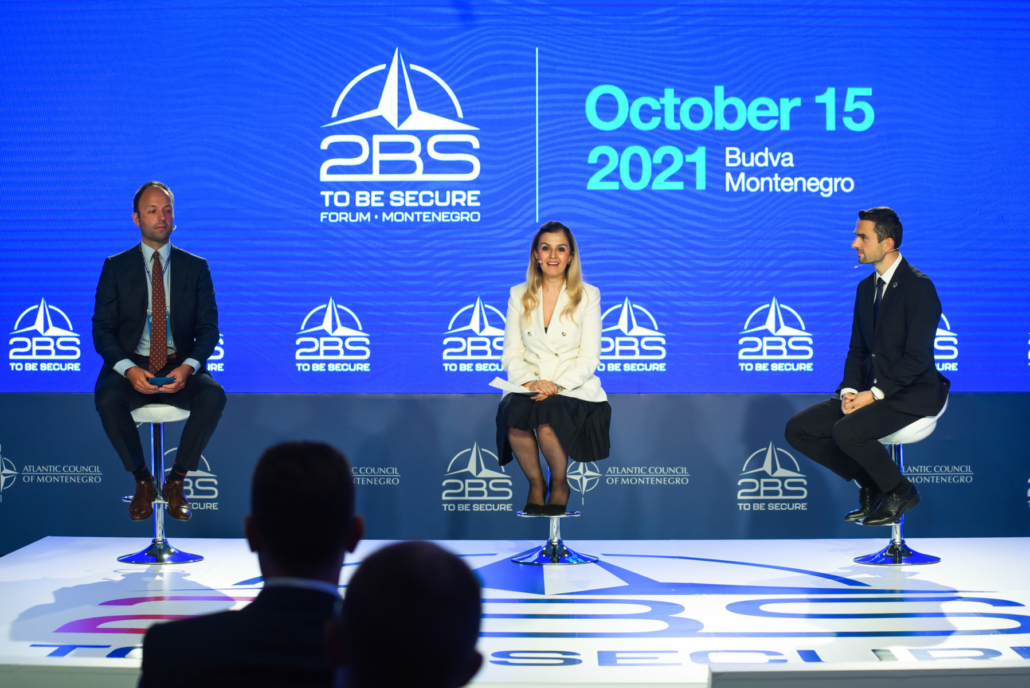If you want to be a superpower, you need at least three things, a strong economy, a strong army, and strong diplomacy, said the Minister of Defense of Slovenia Matej Tonin at the 2BS Forum.
The topic of the panel was NATO and the new security agenda.
Tonin emphasized that the EU wants to be a superpower, but currently has solely a strong economy. That is why there are gaps that China and Russia use to expand their influence, he added.
Slovenian Minister of Defense believes the EU should do more for the region. We hosted the EU-Western Balkans Summit and we want the EU to be more involved in the Western Balkans, and to send a clear time frame when it would be appropriate for all countries to join the EU, Tonin said. He added that although this time they failed to determine a time frame, 30 billion euros were put aside.
The ability to adapt is a key reason why NATO has been the most successful in the past 30 years, said Bruno Lete, German Marshall Fund.
He emphasized that Europeans are quite worried about the security of their own defense. NATO will present a strategic concept in Madrid next year, but the EU is also preparing its strategic compass, Lete said. What is encouraging is the new momentum that exists on both sides of the Atlantic for cooperation and solution-finding.
When it comes to the NATO 2030 strategy, there are three pillars that we have to think about, power, technology, politics, Lete pointed out. He believes that we need to develop credible strategies for dealing with opponents, adding that Russia is a threat that we understand, while we still do not fully understand China.
Valbona Zeneli from the George Marshall Center said that the decisions that NATO is about to make will shape democracies in our societies. There is a group of scientists, and I am part of that group, that asked NATO to add another task in addition to the three basic pillars of the strategy, and that should be the task of resilience, she said.
Zeneli added that the resilience of our societies has been called into question internally and externally. NATO should not only look at democratic resilience within NATO countries but should share resilience and bring it up in the Balkans, she said, adding that NATO must adopt a new dynamic and comprehensive approach when it comes to resilience in countries that are not NATO members yet or in the countries of Eastern Partnership.
In her opinion, it is crucial to renew democracy as an ideology of choice, the basis of what NATO and member countries are doing. We need to defend the credibility of our value-based democracy and market economy, so these are important issues to pay attention to, she concluded.
